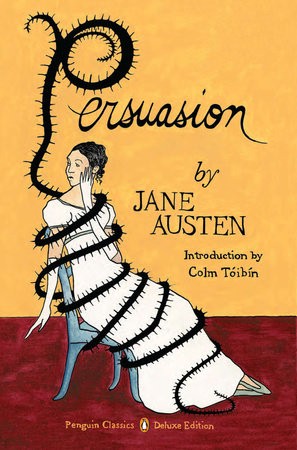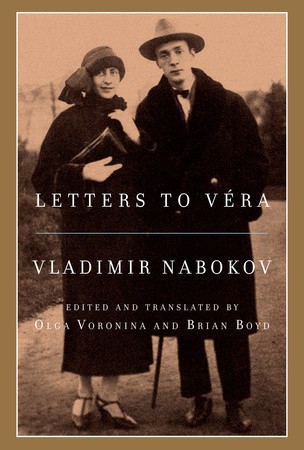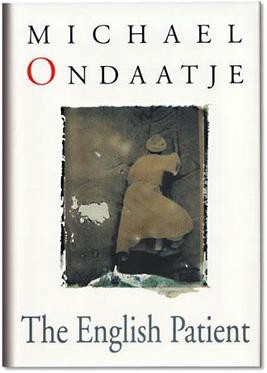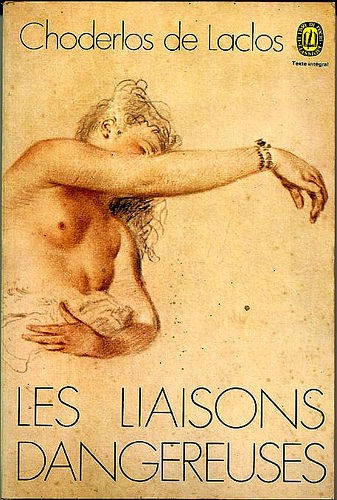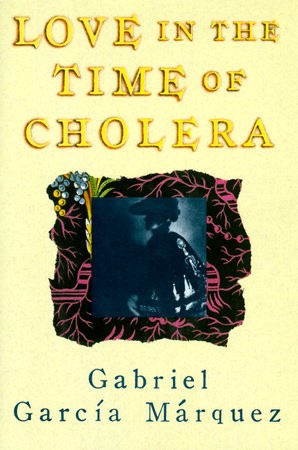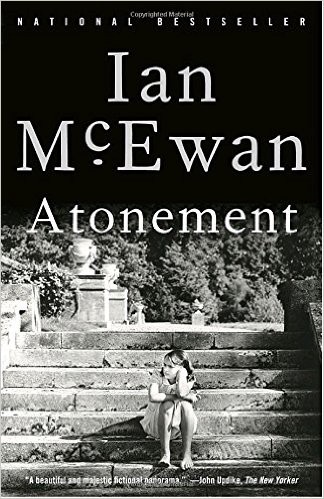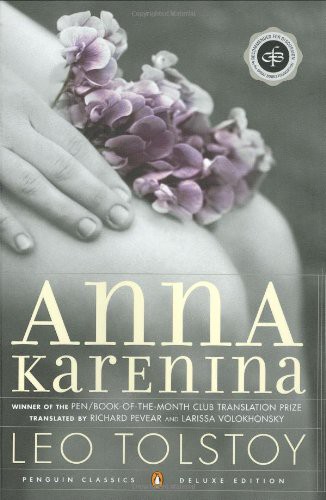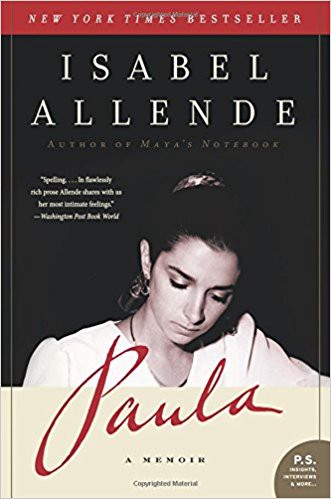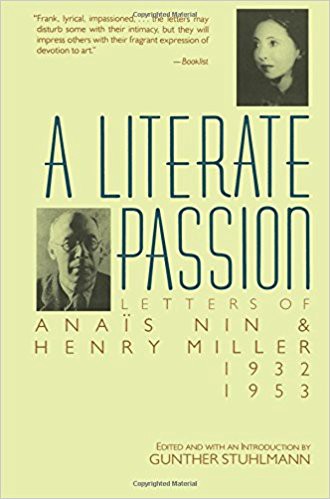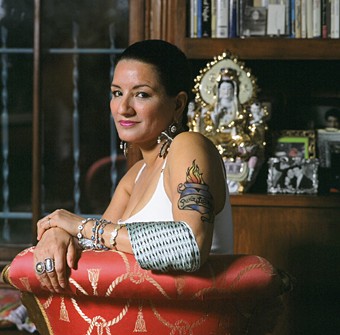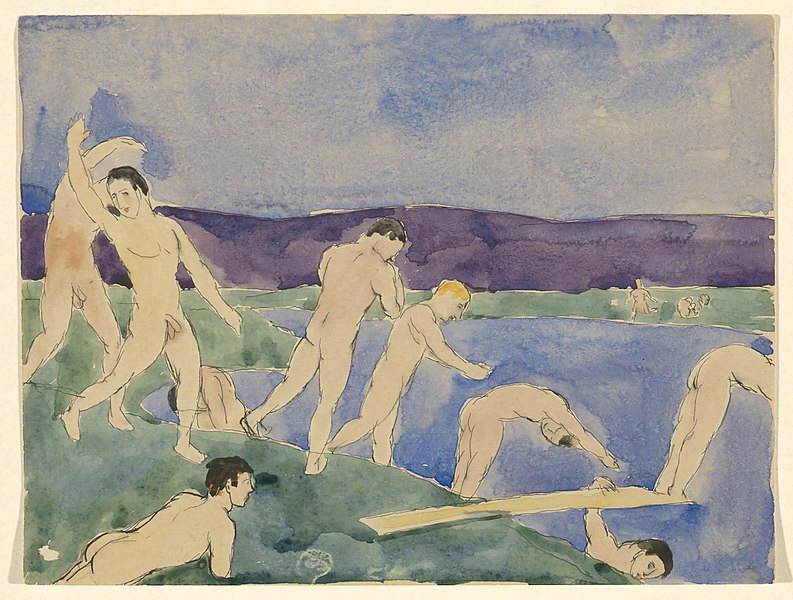Reading Lists
11 of the Best Love Letters in Literature, Both Fictional and Not
From Virginia Woolf's covert longing to James Joyce's absolute filth, these are our favorite literary love notes
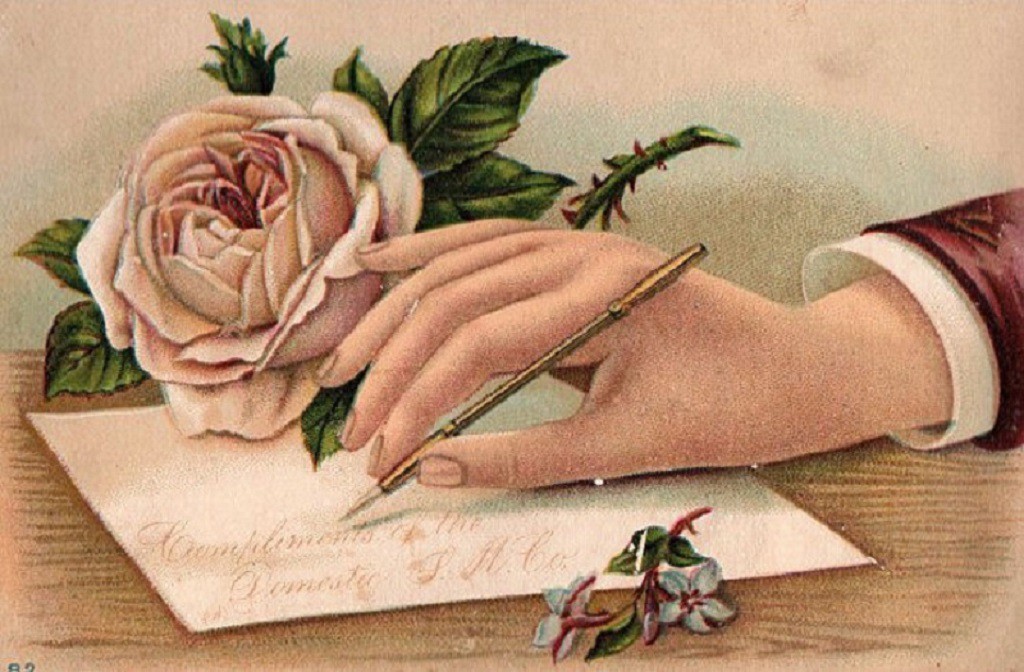
Somewhere in my childhood bedroom lurks an old Nine West shoe box brimming with love letters scrawled on craggy college-ruled paper. In high school, when my interest in the day’s physics or math lesson would inevitably wane, I’d turn the page in my notebook and write my then boyfriend hormone-fueled rants about my unparalleled love for him, and occasionally, in what may be a Joycean hallmark (minus the farts, see #11), the things I wanted to do with him. We traded these missives back and forth at our lockers, which amounted to hundreds of inside-joke riddled professions of young love.
Once, to our mutual horror, my dad found a stray note while cleaning out the trunk of his car. That day, I learned an important lesson about privacy and secure backpack zippers. But after a mortifying conversation, I emerged with the upper-hand, admonishing him for having the audacity to read a letter so obviously not for him. Polite company (excluding dads) know better than to read others’ private exchanges.
In literature, we are offered a rare, perhaps singular invitation into such intimate correspondences. Whether the following love letters are artfully penned in a novel, memoir, or the anthologies of long-dead greats — these 11 vulnerable glimpses into the besotted human-id are all-consuming reads.
Persuasion by Jane Austen
The reconciliation letter
When I polled friends and coworkers about this assignment, for good reason, the prevailing response fell along the lines of: “Include Persuasion, duh.”
In Jane Austen’s final, posthumously published novel, Persuasion, the heroine Anne Elliot was convinced (or some would say, persuaded) by her godmother, Lady Russell, to call off her teenage engagement to the impecunious Frederick Wentworth. Fast-forward almost a decade later, and the two reconnect via the typical Austen scaffolding of events, and it’s revealed that they’ve never truly forgotten each other.
After overhearing a conversation in which Anne argues that men move on more swiftly from their past loves, Wentworth counters her claim with one of the most highly regarded love notes in all of literature:
I can listen no longer in silence. I must speak to you by such means as are within my reach. You pierce my soul. I am half agony, half hope. Tell me not that I am too late, that such precious feelings are gone for ever. I offer myself to you again with a heart even more your own than when you almost broke it, eight years and a half ago. Dare not say that man forgets sooner than woman, that his love has an earlier death. I have loved none but you. Unjust I may have been, weak and resentful I have been, but never inconstant. You alone have brought me to Bath. For you alone, I think and plan. Have you not seen this? Can you fail to have understood my wishes? I had not waited even these ten days, could I have read your feelings, as I think you must have penetrated mine. I can hardly write. I am every instant hearing something which overpowers me. You sink your voice, but I can distinguish the tones of that voice when they would be lost on others. Too good, too excellent creature! You do us justice, indeed. You do believe that there is true attachment and constancy among men. Believe it to be most fervent, most undeviating, in
F. W.
Letters to Vera by Vladimir Nabokov, edited and translated by Brian Boyd and Olga Voronina
The love-dumb husband letter
In 2014, Knopf published a meticulously annotated compilation of 50+ years of correspondence between Vladimir Nabakov and his beloved wife, Vera. Although the couple had their share of obstacles (infidelity, to name one), the letters demonstrate an abiding love capable of overcoming even the most treacherous of threats (Nazi persecution, another).
In an uncharacteristic moment, Nabokov found himself at a loss of words while trying to articulate just how much he adored his wife:
My tenderness, my happiness, what words can I write for you? How strange that although my life’s work is moving a pen over paper, I don’t know how to tell you how I love, how I desire you. Such agitation — and such divine peace: melting clouds immersed in sunshine — mounds of happiness. And I am floating with you, in you, aflame and melting — and a whole life with you is like the movement of clouds, their airy, quiet falls, their lightness and smoothness, and the heavenly variety of outline and tint — my inexplicable love. I cannot express these cirrus-cumulus sensations.
The English Patient by Michael Ondaatje
The final words letter
Before the English patient sustained the burn-injuries that rendered him amnesic in an Italian hospital, he was an explorer in the Sahara Desert who fell in with another man’s wife, Katharine. At the heart of Michael Ondaatje historiographic metafiction masterpiece is this torrid affair, which ends in high melodrama when Katharine’s husband, Geoffrey, attempts a three-way murder-suicide. The English patient and Katharine survive, and find shelter in a cave. When the English patient leaves to seek help, Katharine writes him a final goodbye as she withers away in the cold, echoing darkness.
The 1992 Booker Award-winning novel was adapted for the silver-screen — watch the tearjerking performance accompanied by a tasteful amount of sad-piano below:
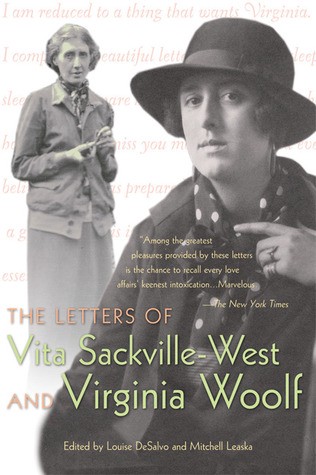
The Letters of Vita Sackville-West to Virginia Woolf, edited by Louise De Salvo and Mitchell Leaska
The desperate adulteress
Say what you will about the morality of affairs, but damn do they inspire some impassioned writing. Vita Sackville-West and Virginia Woolf began a covert-ish relationship in the mid 1920’s, and IMHO, the world is better for it because it inspired Woolf’s satirical, gender-bending novel, Orlando. The collection of these lovers’ letters are evidence that she had superb material to work from.
Here’s a selection pulled from the Paris Review:
From Sackville-West to Woolf
Milan [posted in Trieste]
Thursday, January 21, 1926I am reduced to a thing that wants Virginia. I composed a beautiful letter to you in the sleepless nightmare hours of the night, and it has all gone: I just miss you, in a quite simple desperate human way. You, with all your un-dumb letters, would never write so elementary phrase as that; perhaps you wouldn’t even feel it. And yet I believe you’ll be sensible of a little gap. But you’d clothe it in so exquisite a phrase that it would lose a little of its reality. Whereas with me it is quite stark: I miss you even more than I could have believed; and I was prepared to miss you a good deal. So this letter is just really a squeal of pain. It is incredible how essential to me you have become. I suppose you are accustomed to people saying these things. Damn you, spoilt creature; I shan’t make you love me any the more by giving myself away like this — But oh my dear, I can’t be clever and stand-offish with you: I love you too much for that. Too truly. You have no idea how stand-offish I can be with people I don’t love. I have brought it to a fine art. But you have broken down my defences. And I don’t really resent it …
Please forgive me for writing such a miserable letter.
V.
Les Liaisons dangereuses (Dangerous Liasons) by Pierre Choderlos de Laclos
The love is a battlefield letter
In Pierre Choderlos de Laclos’ 1782 French epistolary novel, the principle characters Marquise de Merteuil and the Vicomte de Valmont are arch nemeses and ex-lovers who wield their inimitable letter writing skills as weapons of manipulation. The book is comprised solely of letters written back and forth between various characters.
Love in the Time of Cholera by Gabriel Garcia Marquez
The fifty-year correspondence
Love in the Time of Cholera follows the diverging lives of childhood sweethearts Florentino Ariza and Fermina Daza. Florentino first catches a glimpse of Fermina when he delivers a telegraph to her father, and from there it’s fated that the young postal worker and beautiful girl should start their own passionate correspondence. He goes home and toils over a letter, which soon transforms into a sixty-page “dictionary of compliments” declaring his admiration for her. After he hands her the tome, he waits for what feels like an eternity for an answer, but it turns out she’s mutually smitten, and just really needed the time to wade through the heavy metaphors. They begin an intense exchange of hundreds of love letters, which infuriates Fermina’s father. Life gets in the way and sends the adolescent lovebirds down different paths, but Florentino claims to have remained faithful to Fermina throughout his entire life, and he makes a final (and successful) proclamation of his love at her husband’s funeral five decades later.
Atonement by Ian McEwan
The this-is-why-you-should-say-it-in-person letter
The plot of Atonement is set into motion by a horribly misconstrued letter that lands Robbie in jail and leaves his secret girlfriend Cecilia hopelessly wishing for his exoneration. Since Robbie is imprisoned, the only way the couple can communicate is through a series of letters. Robbie is eventually released on the condition that he serve in the army during World War II. Perhaps the most devastating missive comes from Cecelia during this time when she writes:
…I know I sound bitter, but my darling, I don’t want to be. I’m honestly happy with my new life and my new friends. I feel I can breathe now. Most of all, I have you to live for. Realistically, there had to be a choice — you or them. How could it be both? I’ve never had a moment’s doubt. I love you. I believe in you completely. You are my dearest one, my reason for life. Cee
Anna Karenina by Leo Tolstoy
The you-complete-me letter
He may not be the titular character, but Levin’s development into a happier, less solipsistic guy is just as integral to the classic’s plot as Anna Karenina’s untimely demise. In Part IV, Chapter XIII, Levin takes another go at courting the object of his affection, Kitty. He’s always had trouble communicating his feelings, but Kitty’s innate understanding of him makes it easier. The two sit down at a card table and Kitty produces a stick of chalk, and they start a game of scribbling the first letter of every word in a sentence they wish to say.
Levin jots down: “W, y, a: i, c, n, b; d,y, t, o, n?”
Kitty responds: “T, I, c, n, a, o.”
Did ya get all that? Doesn’t matter because “everything had been said in that conversation. She had said that she loved him.”
Paula by Isabel Allende
The grieving letter
Isabel Allende never intended to write a memoir. She started what became Paula as an informational letter to her daughter to summarize the events she was missing as she lay asleep in a porphyria-induced coma. To the heartbreak of Isabel and her family, Paula never recovered, but she continued writing her letter which blends with some of the classic elements of magical realist fiction.
A Literate Passion by Anaïs Nin and Henry Miller, edited by Gunther Stuhlmann
The highbrow affair letters
Anaïs once wrote to Henry, “We are writers and make art of our struggle,” — that statement became truer than ever when Gunther Stuhlman published a compilation of their missives. The writers only spent a short amount of time with each other in the early ’30s, but carried on a love letter exchange for 21-years! Here’s one of my favorite passages from Miller to Nin:
I say this is a wild dream — but it is this dream I want to realize. Life and literature combined, love the dynamo, you with your chameleon’s soul giving me a thousand loves, being anchored always in no matter what storm, home wherever we are. In the mornings, continuing where we left off. Resurrection after resurrection. You asserting yourself, getting the rich varied life you desire; and the more you assert yourself the more you want me, need me. Your voice getting hoarser, deeper, your eyes blacker, your blood thicker, your body fuller. A voluptuous servility and tyrannical necessity. More cruel now than before — consciously, wilfully cruel. The insatiable delight of experience.
HVM
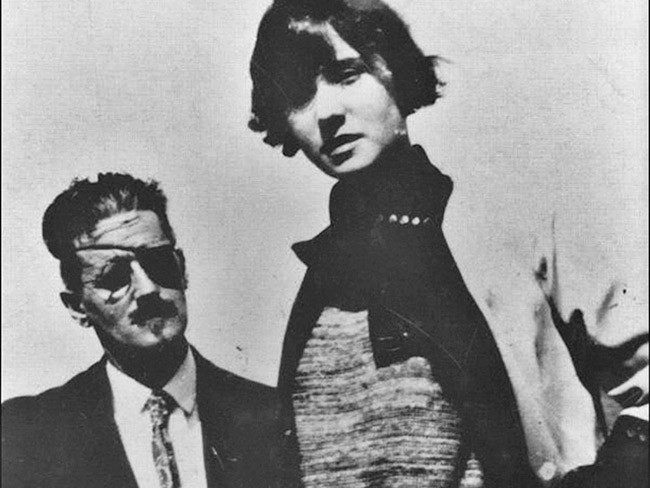
Selected Letters of James Joyce, edited by Richard Ellmann
The granddaddy of the filthy (fart!) sext
Save your eggplant emoji for the playground, kids, because James Joyce is about to blow you away with the kinky letter he wrote his wife Nora.
You know it’s real when you can’t get enough of your lover’s ~scent~
**WARNING: VERY NSFW**
My sweet little whorish Nora I did as you told me, you dirty little girl, and pulled myself off twice when I read your letter. I am delighted to see that you do like being fucked arseways. Yes, now I can remember that night when I fucked you for so long backwards. It was the dirtiest fucking I ever gave you, darling. My prick was stuck in you for hours, fucking in and out under your upturned rump. I felt your fat sweaty buttocks under my belly and saw your flushed face and mad eyes. At every fuck I gave you your shameless tongue came bursting out through your lips and if a gave you a bigger stronger fuck than usual, fat dirty farts came spluttering out of your backside. You had an arse full of farts that night, darling, and I fucked them out of you, big fat fellows, long windy ones, quick little merry cracks and a lot of tiny little naughty farties ending in a long gush from your hole. It is wonderful to fuck a farting woman when every fuck drives one out of her. I think I would know Nora’s fart anywhere. I think I could pick hers out in a roomful of farting women. It is a rather girlish noise not like the wet windy fart which I imagine fat wives have. It is sudden and dry and dirty like what a bold girl would let off in fun in a school dormitory at night. I hope Nora will let off no end of her farts in my face so that I may know their smell also.




